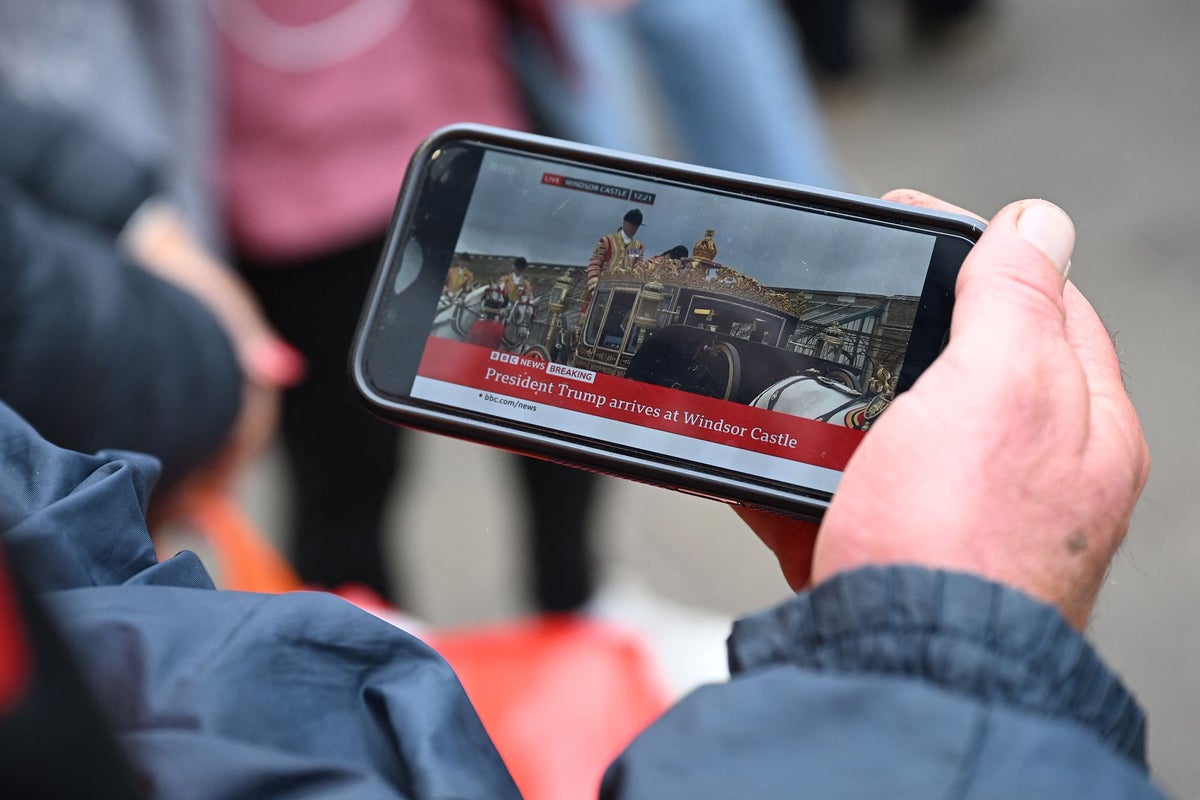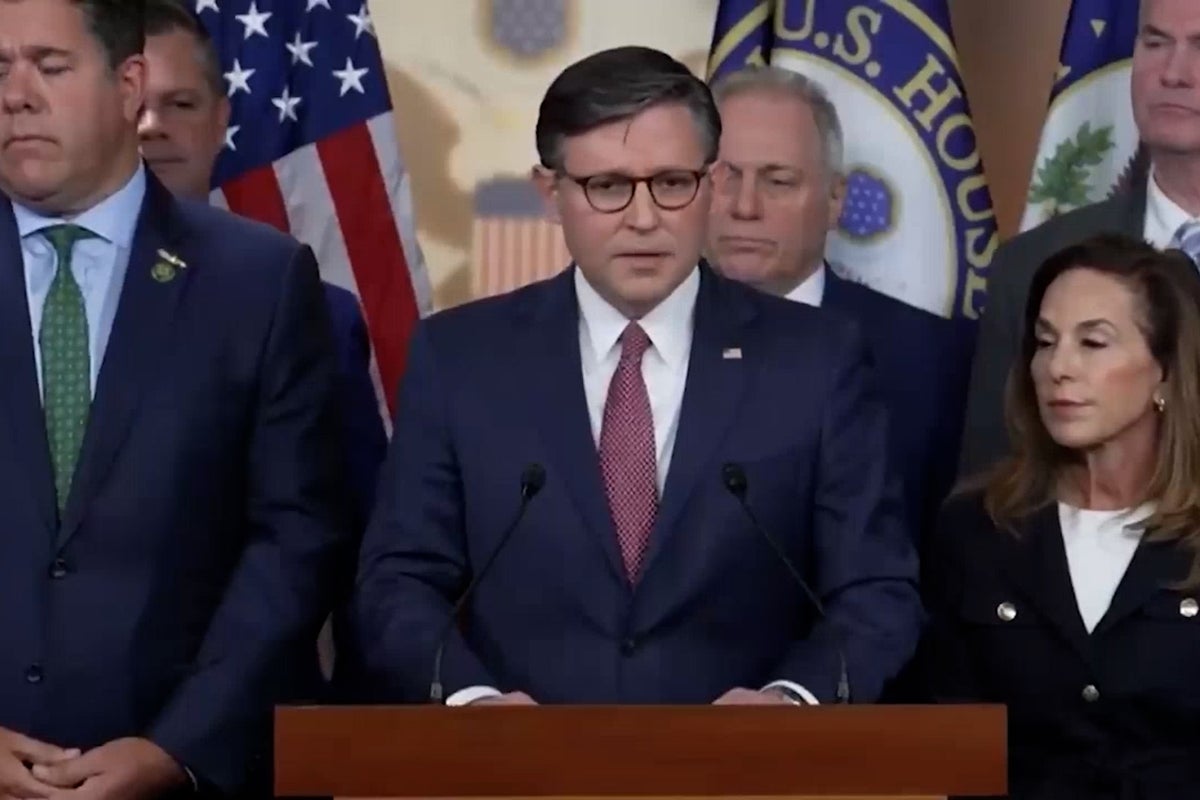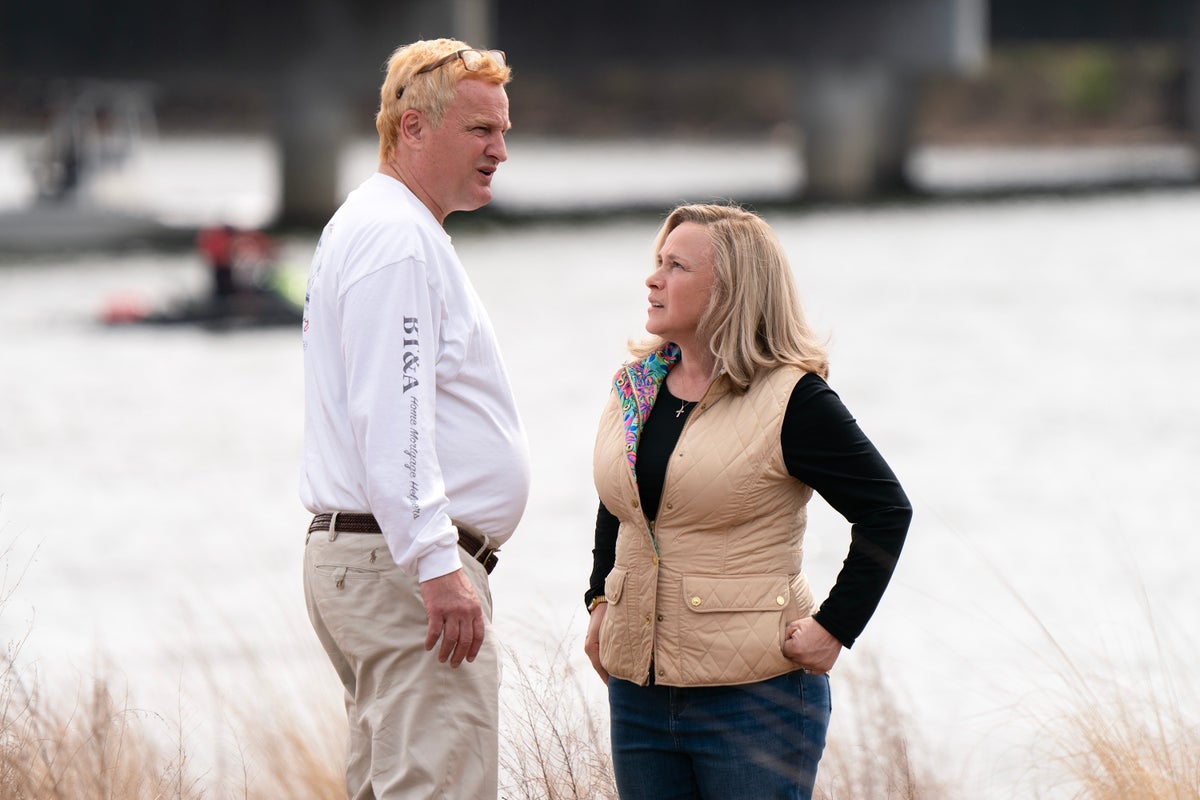The head of an elite Madagascar military unit ousted the African island country’s president in a coup, capping weeks of youth-led protests over water and power cuts, the high cost of living and endemic poverty, among other issues.
Col. Michael Randrianirina, who led the rebellion that toppled President Andry Rajoelina, told The Associated Press in his first interview with a global news agency since taking power Tuesday that he would be sworn in as Madagascar’s next president in the next few days.
Here’s a look at how photographer Brian Inganga and video journalist Nqobile Ntshangase secured the sit-down with Randrianirina and broke the news.
Inganga, who is based in Kenya, was taking photographs at an anti-government protest in a square in Madagascar’s capital on Tuesday when a brief meeting with the leader of the CAPSAT military unit set the table for the eventual interview. Here's his account of how he landed it.
Meeting the colonel
The cheering in the packed square was deafening when a line of armored vehicles pulled in and parked. They were all black but one caught my attention because it was surrounded by around 10 soldiers armed with AK-style assault rifles and grenade launchers.
I asked our interpreter what was happening. He replied: “The colonel is coming.”
He meant Col. Michael Randrianirina, the leader of the military rebellion against Rajoelina and a figure who had become well-known among the anti-government protesters after joining their demonstrations over the weekend.
I moved toward the car, pushing past protesters while trying to avoid the glare of the soldiers around it. I got to it just as one of the back doors swung open and Randrianirina popped his head out wearing a camouflaged cap. I introduced myself as an AP reporter and asked him for an interview. He said not now, so I asked for his number. He agreed. I gave him my cellphone and he punched in his number and then moved off, surrounded by his troops, to go up on a stage and greet the protesters.
I didn't know at the time, but Randrianirina was on his way after this stop to make the announcement that the military was taking over, the moment that confirmed Rajoelina had been ousted in a coup.
Getting into the barracks
I don't remember exactly how many times I called the colonel's number on Tuesday night and Wednesday morning, but it was well over a dozen. He finally answered and said he remembered me as the young man from the American press. I asked again about the interview and he agreed, saying I could come to CAPSAT'S barracks with my TV colleague Nqobile and our interpreter.
We identified ourselves at the security gate outside the barracks and were let in. It was busier than any military barracks I've been to. There were a lot of soldiers.
We were pointed to a building where the colonel's office is on the first floor but were stopped at the bottom of the stairs by soldiers. Other people were queuing to get into the building, including men in suits who looked like politicians, and even a priest and an imam. I think they were waiting to meet with the country's new military leader.
The soldiers wouldn't let us up the stairs, so I called the colonel again. A message came down and we were allowed to go up. But at the top of the stairs, another group of soldiers stopped us. Luckily, I recognized another military officer who had been with Randrianirina the day before. He also recognized me and vouched for us, and we were ushered into the colonel's office.
The interview
The office was big. There was a soldier at the door and the colonel was sitting on a black couch, with two of his officers on another couch next to him. They appeared to be having an important meeting, but he smiled when he saw me and said to me, “You've been calling a lot! So many phone calls!”
I was probably a little nervous, unsure what to expect in the office of a coup leader who'd announced a day earlier he was taking control of a country. The colonel seemed to sense that and told me not to be scared. He laughed and said to us, “I'm not a monster.”
He said he had an important appointment soon and so we didn't have a lot of time. We set up as quickly as we could and asked our questions. What were his next steps? He told us he was going to become the president and he expected to be sworn in at a ceremony in the next few days, breaking the news that he intended to become Madagascar's next leader.
After the interview, he and his two officers even agreed to pose for pictures with us.
___
More AP news on Madagascar's military coup: https://apnews.com/hub/madagascar

.jpeg)

























.jpeg)











 English (US) ·
English (US) ·